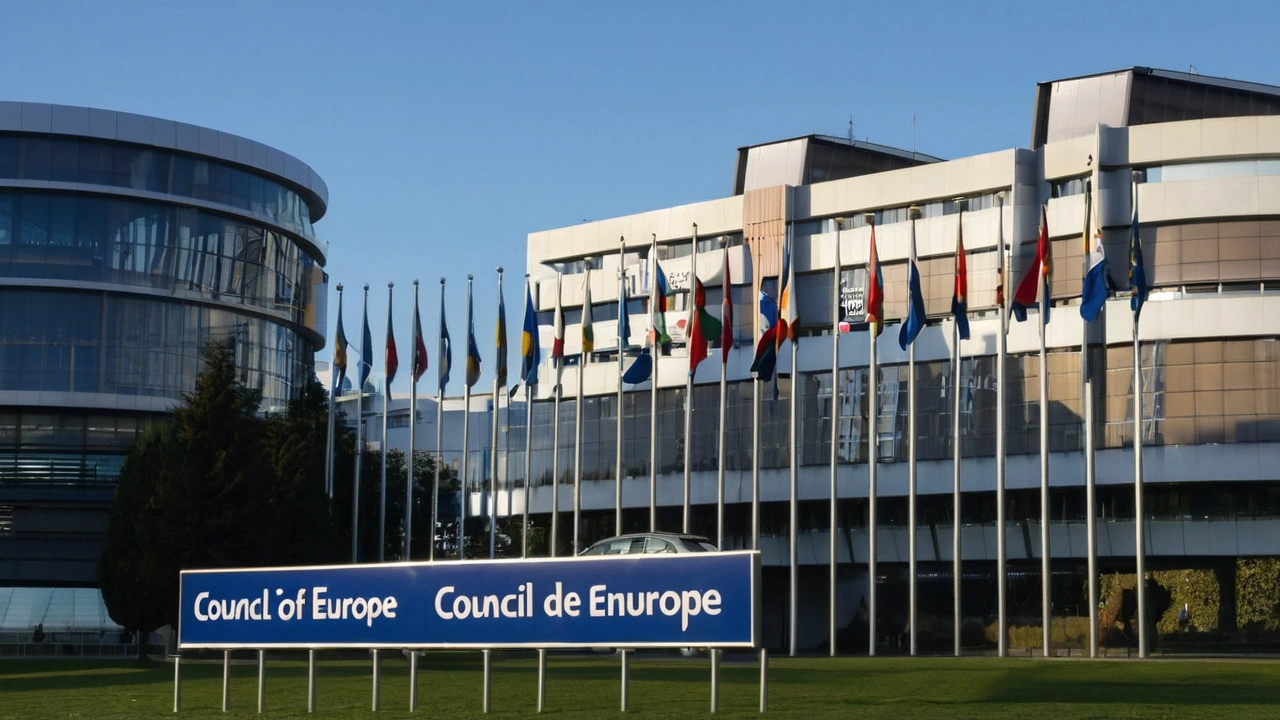Wagner Group: What You Need to Know
When you hear the name Wagner Group, you probably think of Russian fighters showing up in places most people don’t expect. They’re a private military company, not a regular army, and they work on contracts that range from guarding mines to fighting in wars. Their presence has grown fast, especially across Africa, where they’ve become part of the news cycle almost daily.
Recent Operations in Africa
In the last year Wagner has been active in countries like the Central African Republic, Mali, and Sudan. In the Central African Republic they’ve helped the government push back rebels, but the cost has been high for civilians caught in the crossfire. In Mali, the group was hired to train the army, yet reports of human rights abuses keep popping up, making the partnership controversial. Sudan’s recent power struggle also saw Wagner mercenaries on the ground, supporting one side of the conflict and adding another layer of complexity.
What’s striking is how quickly Wagner can move troops, equipment, and even heavy weapons into a hotspot. They often work under the radar, using local contractors and vague contracts that make it hard for outsiders to track their exact role. This secretive approach means that governments and NGOs are constantly trying to piece together what’s really happening.
Why the Wagner Group Matters
The reason Wagner matters isn’t just because they fight. Their activities affect politics, economics, and security across whole regions. When they protect a mining operation, for example, they can boost a country’s revenue, but they also bring in profits that flow back to Russian interests. Their involvement can tip the balance in a civil war, giving one side an advantage that changes the outcome of elections or peace talks.
Another key point is how Wagner blurs the line between state and private action. Because they’re not officially part of the Russian military, they give the Kremlin plausible deniability – they can say, “That’s a private company, not our troops.” This makes diplomatic responses tricky and often leaves local populations without clear accountability.
If you want to stay on top of Wagner Group news, follow reputable African news outlets, watch reports from international NGOs, and keep an eye on statements from the United Nations. Social media can give you instant updates, but it’s easy to get misinformation, so always double‑check facts before sharing.
In short, Wagner Group is a powerful but shadowy force that shapes conflicts in ways most people don’t see. Whether you’re a student, a policy maker, or just curious, understanding their role helps you make sense of the bigger security picture in Africa and beyond.
In a significant geopolitical move, the EU has lifted sanctions against several subsidiaries of Yevgeny Prigozhin's companies linked to the Libyan conflict. These firms, originally listed for supporting the Libyan National Army, have been delisted as Prigozhin's influence in Africa grows. This decision may impact Prigozhin's business ventures in the region.
More
